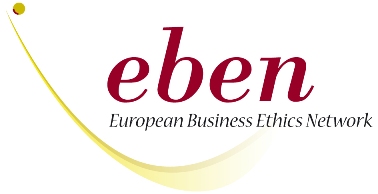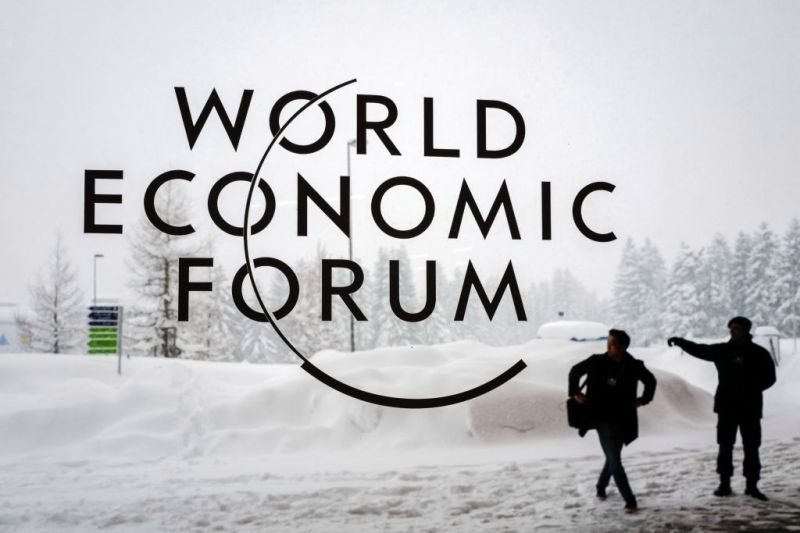2nd December, 2019. –What is the purpose of a business? Is it to generate wealth? To further social good? To deliver for shareholders? That question seemed to echo throughout 2019: Leading U.S. presidential candidates took aim at big tech; hit movies like Parasite and Hustlers addressed inequality. Now, one of the world’s top economic forums has issued its own answer.
On Monday, the World Economic Forum issued a new “Davos Manifesto,” titled “The Universal Purpose of a Company in the Fourth Industrial Revolution.”
“The purpose of a company is to engage all its stakeholders in shared and sustained value creation,” the new Manifesto begins. “In creating such value, a company serves not only its shareholders, but all its stakeholders – employees, customers, suppliers, local communities and society at large.”
The Manifesto declares that companies should pay their share of taxes, fight corruption, support human rights, push for fair market competition as well as be stakeholders themselves in the future of the globe.
World political, business, cultural leaders gather each year at the The World Economic Forum Annual Meeting in Davos-Klosters, Switzerland — often known simply as “Davos” — to address the most pressing issues of our time. The first “Davos Manifesto,” published in 1973, declared “the purpose of professional management is to serve clients, shareholders, workers and employees, as well as societies, and to harmonize the different interests of the stakeholders.”
Now on its 50th anniversary, World Economic Forum has updated its guiding document to address the realities of our time — climate change, automation and globalization — while reaffirming its support for a “stakeholder” focused model of capitalism. The new Manifesto will guide the next Forum on Jan. 21- 24, 2020.
In an op-ed published Monday, World Economic Forum Executive Chairman and founder Klaus Schwab explains the organization’s decision to issue a new Manifesto.
“Others are finally coming to the ‘stakeholder’ table. The US Business Roundtable, America’s most influential business lobby group, announced this year that it would formally embrace stakeholder capitalism. And so-called impact investing is rising to prominence as more investors look for ways to link environmental and societal benefits to financial returns,” he writes. “We should seize this moment to ensure that stakeholder capitalism remains the new dominant model.”
Read the full Manifesto below.
The Universal Purpose of a Company in the Fourth Industrial Revolution
-
- A company serves its customers by providing a value proposition that best meets their needs. It accepts and supports fair competition and a level playing field. It has zero tolerance for corruption. It keeps the digital ecosystem in which it operates reliable and trustworthy. It makes customers fully aware of the functionality of its products and services, including adverse implications or negative externalities.
- A company treats its people with dignity and respect. It honours diversity and strives for continuous improvements in working conditions and employee well-being. In a world of rapid change, a company fosters continued employability through ongoing upskilling and reskilling.
- A company considers its suppliers as true partners in value creation. It provides a fair chance to new market entrants. It integrates respect for human rights into the entire supply chain.
- A company serves society at large through its activities, supports the communities in which it works, and pays its fair share of taxes. It ensures the safe, ethical and efficient use of data. It acts as a steward of the environmental and material universe for future generations. It consciously protects our biosphere and champions a circular, shared and regenerative economy. It continuously expands the frontiers of knowledge, innovation and technology to improve people’s well-being.
- A company provides its shareholders with a return on investment that takes into account the incurred entrepreneurial risks and the need for continuous innovation and sustained investments. It responsibly manages near-term, medium-term and long-term value creation in pursuit of sustainable shareholder returns that do not sacrifice the future for the present.

